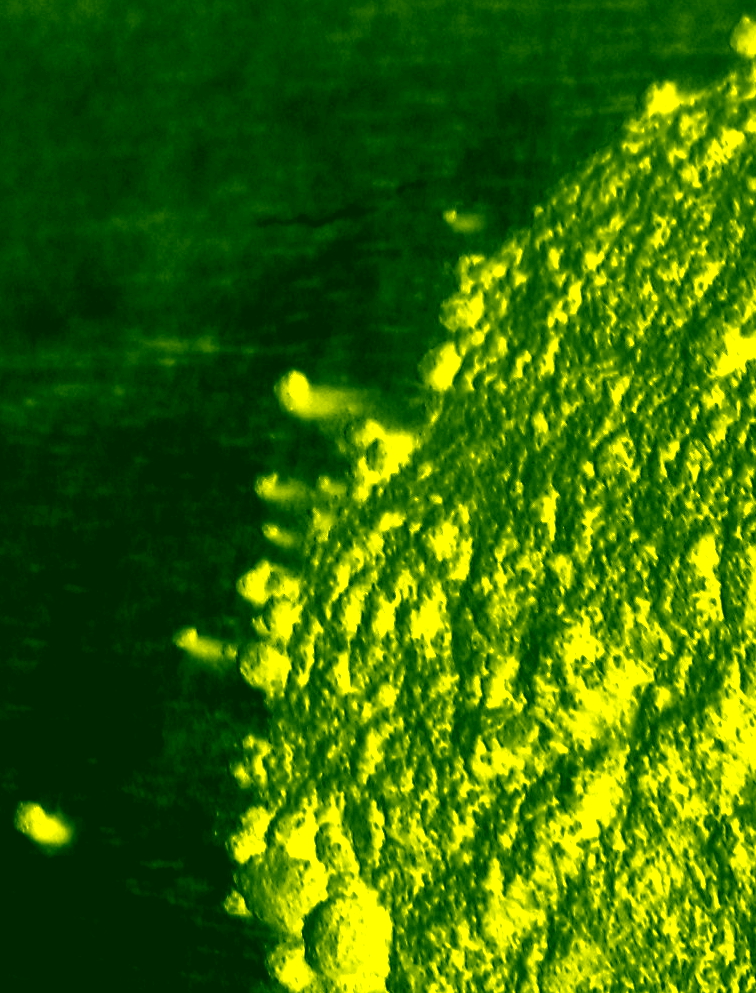Nuclear moves for safety's sake
 Australia will sell uranium to India under a deal that may improve the country’s poor nuclear safety record.
Australia will sell uranium to India under a deal that may improve the country’s poor nuclear safety record.
The terms of a uranium trade with India were first outlined under the Howard government, kicked-along by Julia Gillard and now signed-off by Tony Abbott.
Environmental conservationists and nuclear power sceptics say the deal means Australia’s uranium will make life worse for many.
But a nuclear power expert says the ore can be exported along with the long local history of good risk governance and communication.
“Concerns over India’s nuclear weapons programme are... over-stated,” says Senior Research Officer in Climate Governance at James Cook University, Dr Catherine Mei Ling Wong.
“India may not be a signatory to the Non-Proliferation Treaty, but it is a member of a number of other multi-lateral organisations including the World Association of Nuclear Operators and International Atomic Energy Agency.
“India’s nuclear programme has also been historically more interested in advancing nuclear technology towards the thorium reactor, which (in theory) burns up plutonium and depleted uranium used in weapons,” Dr Mei Ling Wong said in an article for The Conversation.
Under India’s three-stage nuclear power plan it will seek to create a system that relies entirely on thorium energy; the safer and more common cousin of traditional uranium fuel.
There are other points in India’s favour too.
In 2008, India’s military nuclear programme was officially separated from civilian operations such as power stations.
This removed nuclear power stations from protection under the Official Secrets Act, and in theory has opened the industry to public scrutiny for the first time.
The 2011 Fukushima nuclear disaster prompted a huge public backlash and demand for better safety standards in India too.
The earthquake and tsunami disaster spawned India’s 2011 Nuclear Safety Regulatory Authority Bill, which created a new independent regulator.
The fear of nuclear disaster is sky-high in one of the world’s most densely-populated countries, but Dr Mei Ling Wong says it is an opportunity to export some Australian knowledge alongside its uranium ore.
“Australia has had decades of experience in risk communication in disasters,” she said.
“The trick, for an official, is to acknowledge and validate public fears and treat them as legitimate instead of downplaying them as irrational, then emphasise that this is a challenge shared by government and community. This facilitates cooperation.
“Nuclear disasters involve a different dynamic and India hasn’t experienced one, but the same principles apply and using the right language before disaster strikes is as important, if not more, in building trust and developing the right relationships with communities.”
“India’s nuclear industry is at a unique point of transition where there is both political will and industrial momentum to learn. Australia should capitalise on this rare opportunity to offer more than natural resources but knowledge that can contribute to a safer, more pro-active and more inclusive nuclear industry in India.”








 Print
Print